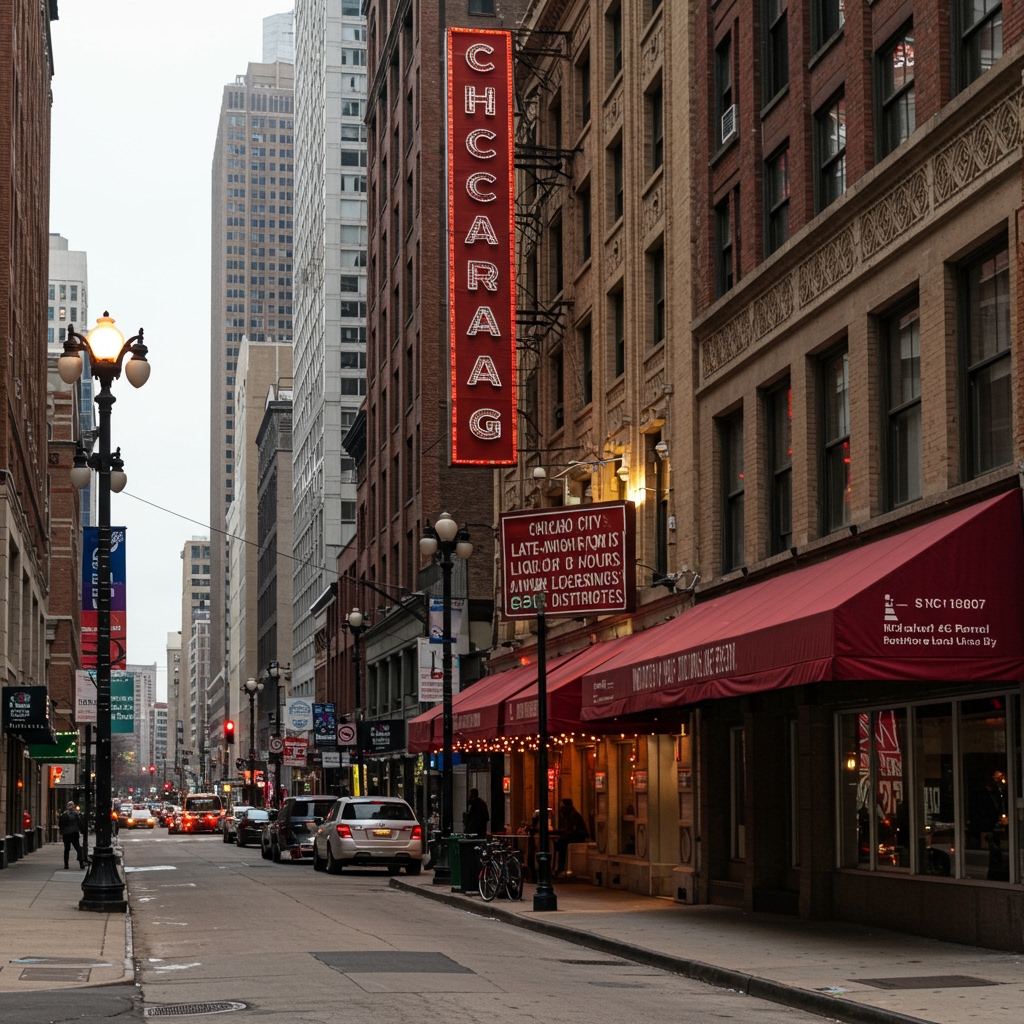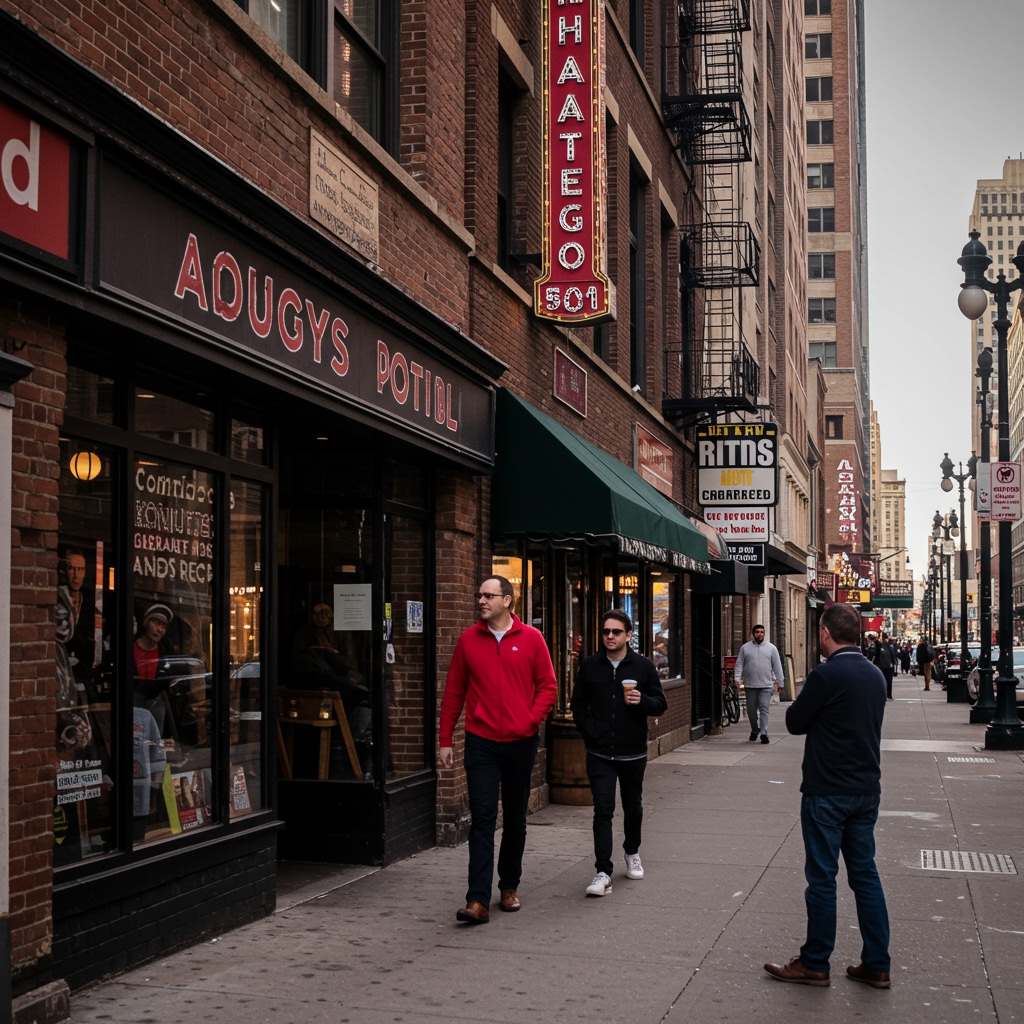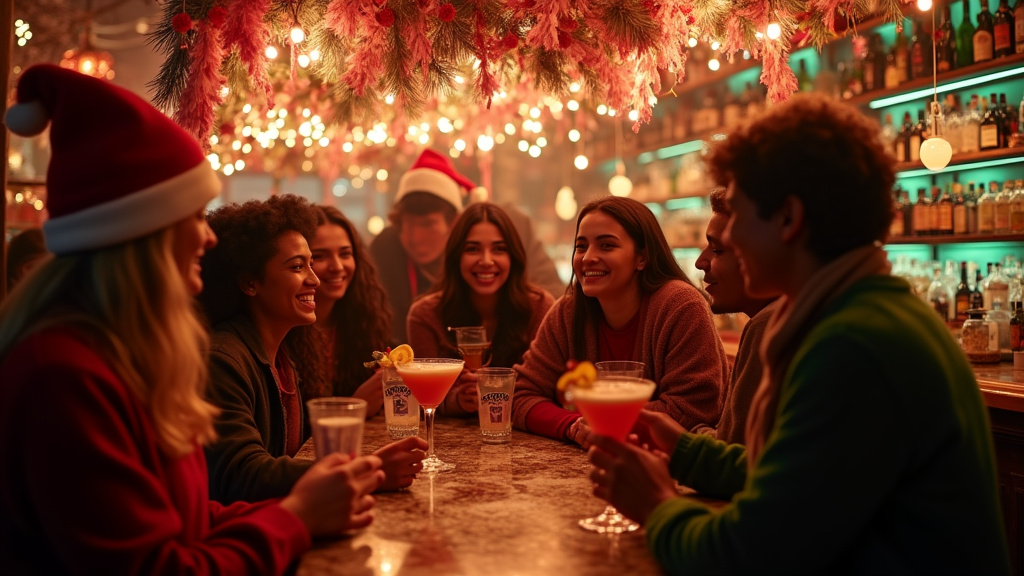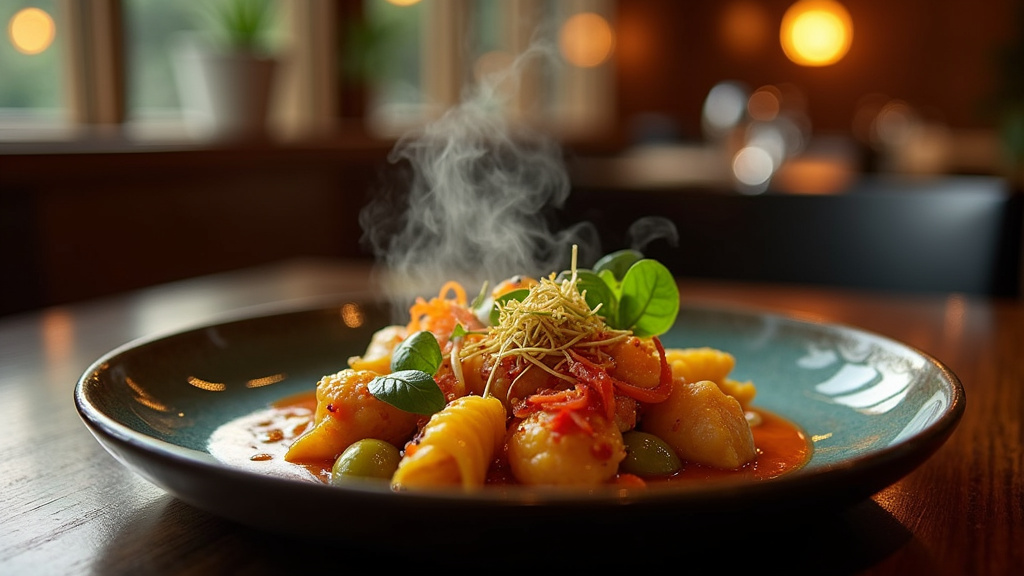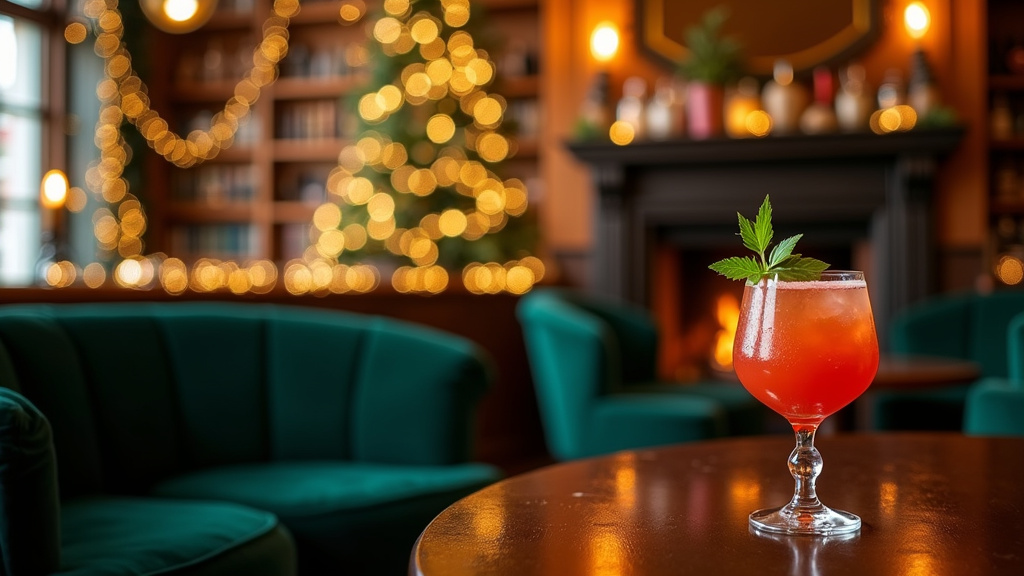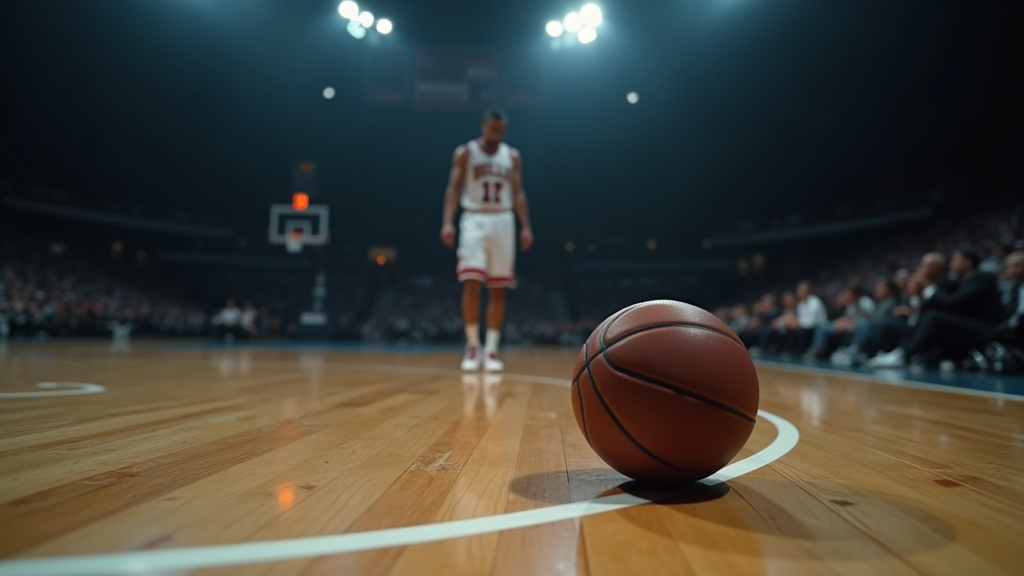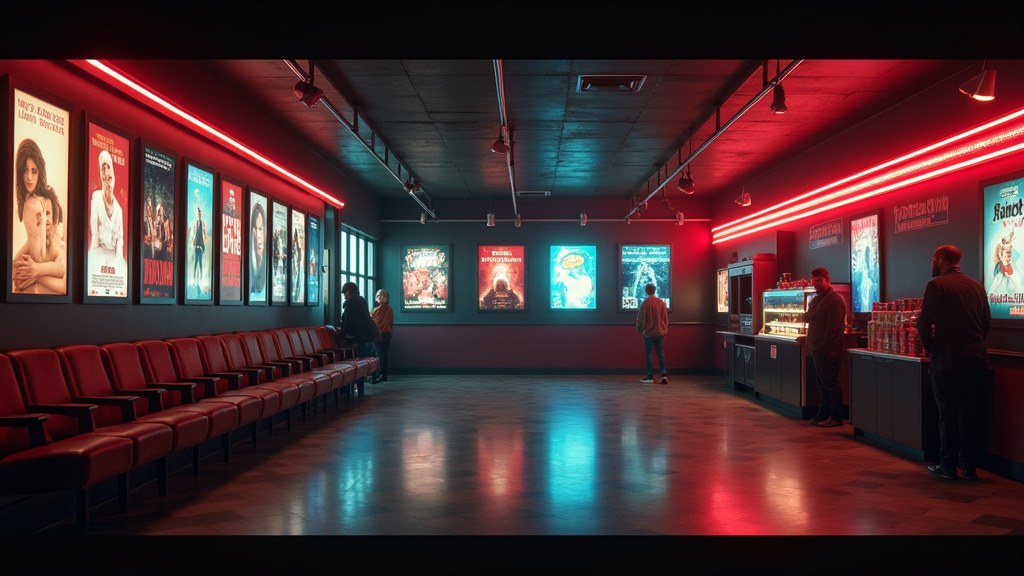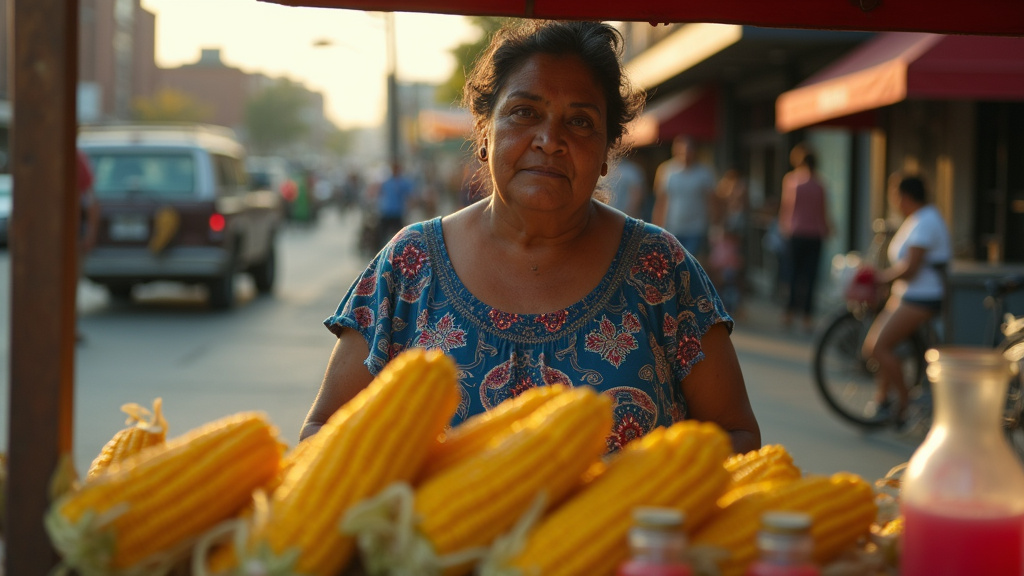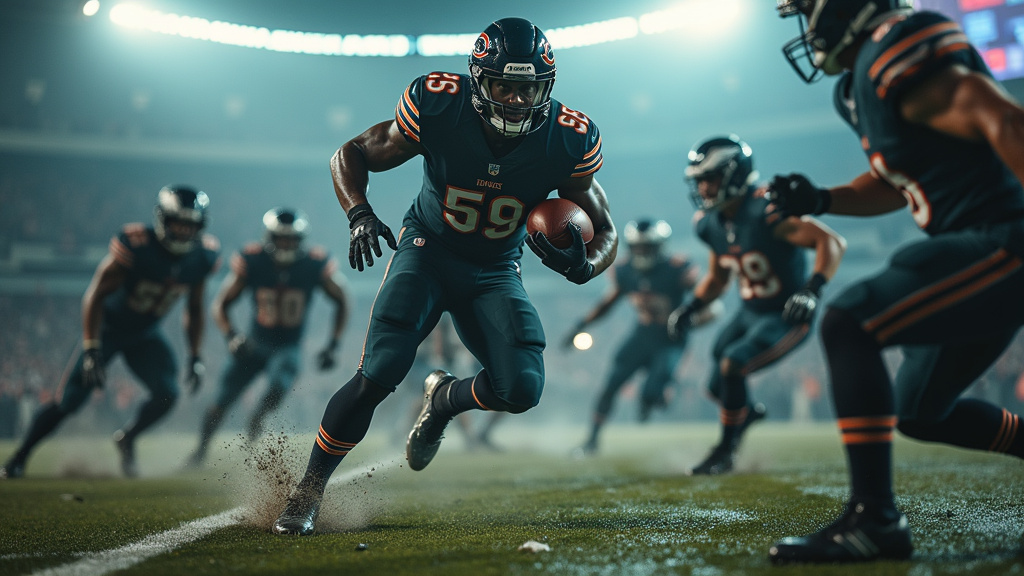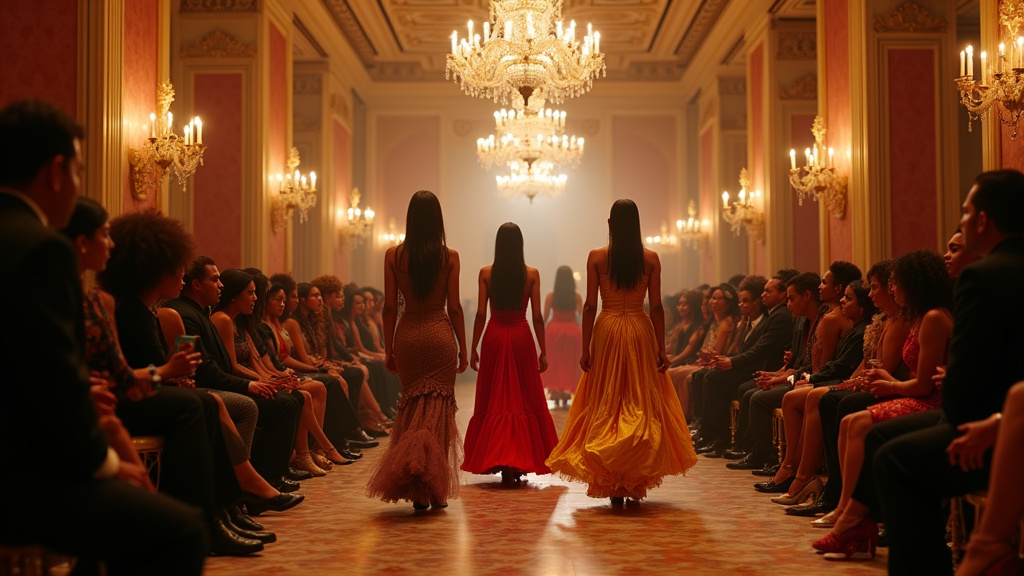Chicago, IL – Following a period of intense deliberation and revision, the Chicago City Council on Wednesday, April 24th, voted to approve a significantly amended ordinance governing 4 AM liquor licenses within the city. The measure, which had been the subject of extensive debate in committee just two days prior on April 22nd, ultimately passed with a vote of 32-18, signaling a compromise between proponents of extended nightlife and concerns regarding neighborhood quality of life.
The approved ordinance represents a substantial departure from earlier, broader proposals. Its most significant change is the stringent limitation of the extended 4 AM closing privilege. Under the final version, only establishments located within 15 specifically designated entertainment and downtown districts will be eligible to apply for and receive the late-night license. This is a marked reduction from the original scope contemplated, which would have allowed a much wider array of businesses across numerous neighborhoods to operate until 4 AM on weekend nights.
The path to approval involved robust discussion, particularly during the April 22nd committee meeting. Aldermen weighed the potential economic benefits of a more vibrant late-night economy, including increased tax revenue and support for the hospitality industry, against potential drawbacks such as noise disturbances, loitering, and impacts on residential areas. Residents and community groups had voiced concerns about the potential for negative externalities spreading into residential blocks adjacent to commercial corridors.
Addressing these concerns, the revised ordinance incorporates several key regulatory measures aimed at mitigating potential negative impacts. Crucially, it includes stringent noise regulations that businesses operating under the 4 AM license must adhere to. These regulations are designed to prevent excessive noise from disturbing nearby residents, particularly during late-night hours. Enforcement of these noise rules, alongside other compliance matters, falls under the purview of the Department of Business Affairs and Consumer Protection (BACP).
Further strengthening the enforcement mechanism, the ordinance mandates quarterly compliance checks by the BACP for all establishments holding the 4 AM license. These regular checks are intended to ensure that businesses are consistently adhering to all terms of their license, including the new noise restrictions and any other operational requirements. Non-compliance could result in fines, suspension, or ultimately, revocation of the extended hours privilege.
The decision to limit the licenses to 15 specific districts reflects a strategic approach to concentrating late-night activity in areas already characterized by a high density of entertainment venues and commercial businesses, or in downtown areas with less immediate residential impact compared to neighborhood streets. This targeted approach aims to capture the economic upside while minimizing disruption to quiet residential blocks that might have been affected by a city-wide or broader application of the rule.
Supporters of the revised ordinance argued that the focused approach provides a controlled environment for late-night activity, allowing the city to monitor the impact effectively before considering any future expansion. They also highlighted the importance of supporting Chicago’s reputation as a major global city with a dynamic nightlife scene, noting that a limited number of late-night options is crucial for both residents and tourists.
Opponents, or those who voted against the measure (the 18 aldermen), likely maintained concerns about the fundamental principle of extending hours, even in limited areas, or felt the restrictions did not go far enough to protect residential communities. Some may have also argued for a more neighborhood-specific approach or tighter initial controls.
The 32-18 vote indicates that while there was significant support for moving forward with a revised plan, a notable portion of the council remained unconvinced or held reservations about the potential consequences of the ordinance.
The approved ordinance now moves to the desk of Mayor Brandon Johnson. His signature is required for the measure to officially become law. The Mayor’s office has indicated support for a balanced approach to nightlife regulation, and his signature is widely expected within the next week. Once signed, the BACP will likely begin the process of implementing the new application and enforcement procedures for businesses seeking or currently holding extended hours licenses within the designated districts.
The passage of this revised 4 AM license ordinance marks a significant moment in Chicago’s ongoing effort to balance its identity as a vibrant, 24-hour city with the need to preserve the peace and quality of life in its diverse neighborhoods. The limitations to 15 districts, coupled with strict noise controls and regular compliance checks, represent the city’s attempt to strike that balance in a controlled and enforceable manner.


